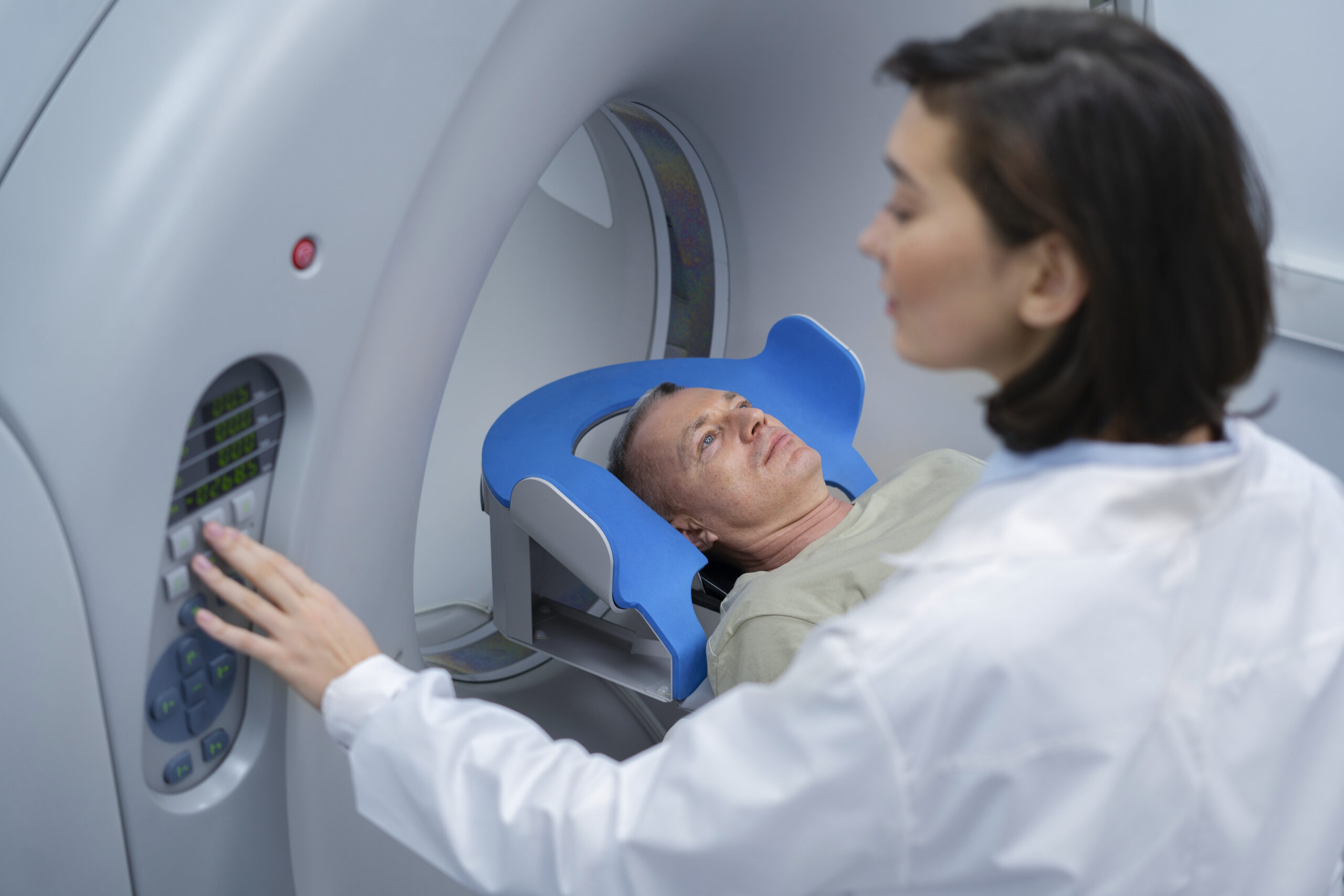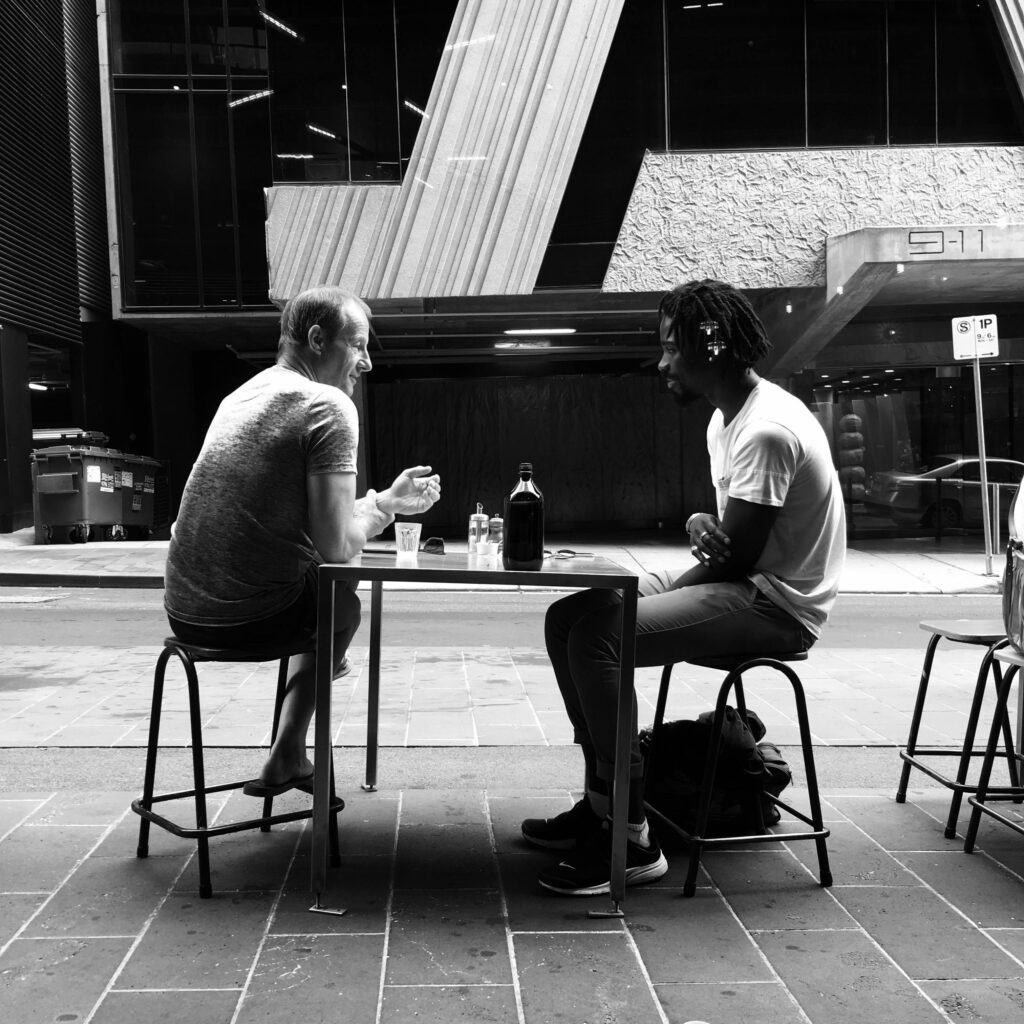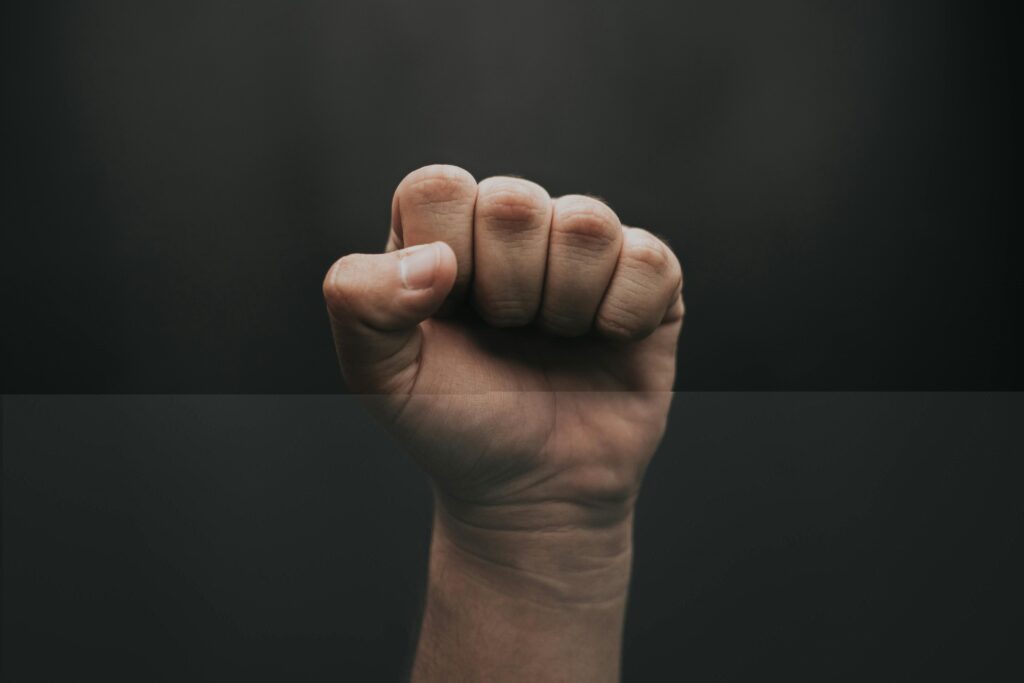As a former Radiation Therapist, I was a witness to countless patients and their journeys through cancer treatment. I often wondered about the profound changes the psyche endures.
Cancer enters our lives uninvited—sometimes creeping in silently, other times crashing in like a storm. It affects not only the body but shakes our very foundation. Emotions swirl, and the world looks different in the blink of an eye. Fear and anxiety rise to the surface, isolation feels like the safest refuge, and self-sabotage emerges as a coping mechanism.
Fear is often the first reaction when receiving a diagnosis. The mind races, filling in the blanks with worst-case scenarios. Questions come up: What does this mean? How will this change my life? Will I survive? Will I lose my hair? What about my family? At its core, fear is the mind’s way of trying to protect us, yet more often, it amplifies suffering. Anxiety follows closely behind, trapping thoughts in an uncertain future. Anxiety does not understand the concept of now. And so, a new cycle begins—this becomes the new normal.
I remember listening to my patients as they tried to make sense of their illnesses. Many sought answers—Was this a punishment from God? Did my lifestyle contribute to this? Is this a lesson? What have I done wrong? What choices led me here?
While I could see their fear and anxiety, I also sensed an unspoken urgency—to slow down, to acknowledge life as it was unfolding. Take it one day at a time. Feel life. I observed an evolution when self-compassion emerged. Patients became gentler with the changes their bodies were undergoing. Instead of resenting their symptoms and pain, they worked alongside them. The need to control every aspect of their medical situation softened, trust took over, and the process seemed to flow more smoothly—guiding them from one phase to the next.
When I had the privilege of treating a close friend and former colleague, I witnessed a drastic shift in the psyche. She walked in for her daily treatments, barely saying a word. The weight of her withdrawal was palpable. A former healthcare professional, now facing the same challenge she had once helped others navigate. In her mind, no one truly understood what she was going through. Her ego was crushed. Not even the colleagues she once trusted could save her. Life around her continued as usual, while hers had come to a halt. She felt isolated.
Isolation became her shield—a way to preserve energy when everything else was falling apart. I gently tried to bridge the gap, not just as her therapist but as a friend. I reminded her that the support surrounding her was not judgment but a safety net—a place to lean on without guilt. But in those moments, I don’t think she heard a word I said.
Sometimes, all it takes is one person—a single presence offering true understanding—to help ease the burden of fear and anxiety. I know from personal experience that illness can feel incredibly lonely, but the presence of a loved one or a friend brings immense comfort. Reaching out requires courage and patience on both sides. Family and friends should not be discouraged, nor should the patient walk this unbearable path alone. In reaching out, we remember that we are not alone—that we are capable of loving and of being loved, if only we crack the door open to let the light in.
While isolation often felt like a prison for my patients, self-sabotage was the guard at the door. When illness disrupts life, this response can emerge unexpectedly. I recall one patient confiding in me about his refusal to follow his doctor’s recommendations.
“What has my body ever done for me? Look how it’s repaid me for all my good behavior,” he mocked.
He had decided to neglect his health entirely, convinced he was undeserving of healing. He pushed his family away, believing they would only remind him of his illness and deepen his pain. I had seen this rebellion before. For some, it feels easier to lean into despair than to hold onto hope. After all, if you expect nothing, you cannot be disappointed. Especially when the future feels uncertain.
As a Radiation Therapist, I made it my mission to be fully present for my patients. Even in their darkest moments, I dealt with patterns of self-sabotage with kindness rather than judgment. I created a safe space where true healing could happen despite their unwillingness to cooperate.
I have witnessed the incredible strength of the human spirit. Not only did my patients endure, but they also transformed. They healed—sometimes in ways beyond the physical. Every breath became a reminder that life continued, even when it felt like it was slipping away.
Cancer undoubtedly alters the course of one’s life, but it does not define who we are or who we will become. Beneath fear, anxiety, isolation, and self-sabotage, there is strength, wisdom, and an unbreakable connection to something greater than us.
My patients are never truly alone. They remain in my heart and my thoughts—always. The psyche may change, but the essence of who they are remains unshaken.
Namaste,
Shab.











